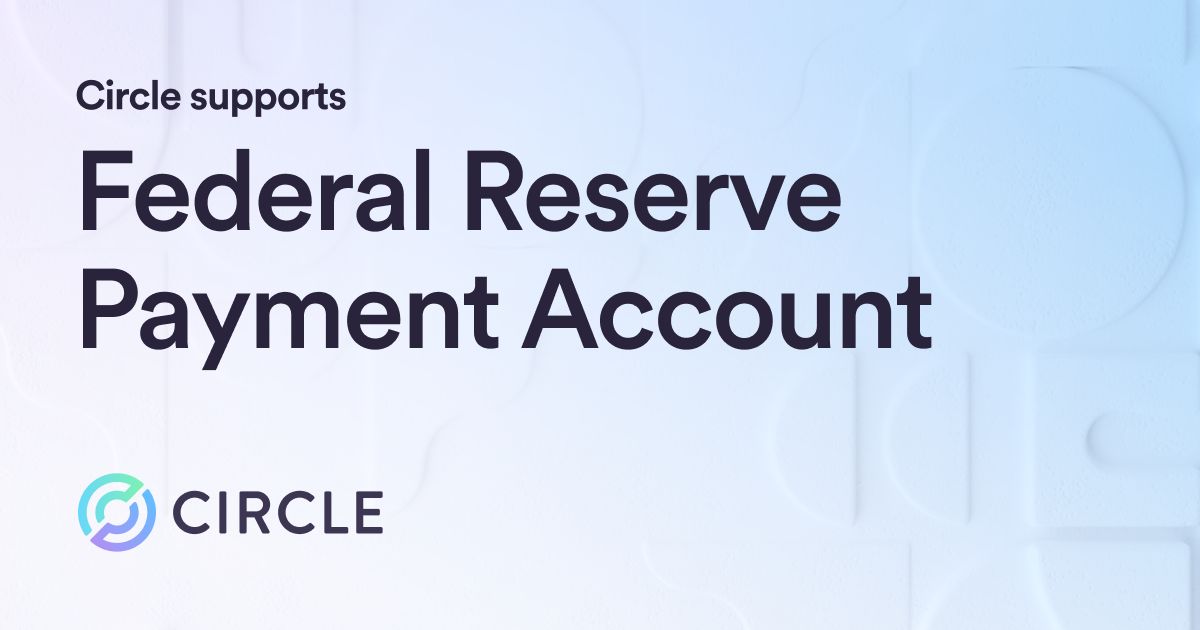See highlights from yesterday’s House Financial Services hearing on the future of the dollar and payment stablecoins, featuring Circle CEO Jeremy Allaire

Jeremy Allaire, Circle CEO and Chairman, testified before Congress on Tuesday, June 13, as part of a landmark hearing on the urgent need for increased regulatory clarity in digital assets, including payment stablecoins, as a vehicle for strengthening the U.S. dollar’s competitiveness in the 21st century. The hearing, hosted by the House Financial Services Committee, takes place at a time when leaders on both sides of the political aisle have demonstrated a commitment to advance sensible and rigorous payment stablecoin regulation in the U.S.
As noted by Mr. Allaire as part of his written testimony:
All eyes are on the US dollar, and the steps that the US government takes in the coming years will have a significant impact on dollar competitiveness in the decades that follow. Failing to take the appropriate steps could have devastating consequences for our country. [...] As a nation, we need to ensure that the dollar is the most competitive currency on the internet, and that there can be universal access to the safest and most secure digital dollars possible. The stakes are simply too high to ignore.
A recording of the hearing can be viewed in full here. Below are additional highlights from the session:
House Financial Services Committee Chairman Patrick McHenry (R-NC) underscored that the legislation being considered helps to position the U.S. to remain a global financial leader and keep users safe. “The U.S. has the deepest, and most liquid capital market in the world – we intend to keep that. We want to keep that strategic advantage here in the U.S. to the best of our ability. We know informative disclosures are critical to helping investors make informed decisions. By making disclosures fit for purpose, the draft bill will ensure issuers provide users with necessary information – including the number of tokens in circulation, the concentration of assets held by affiliates, and much, much more.”
House Financial Services Committee Ranking Member Maxine Waters (D-CA) declared her desire to return to the negotiation table and deliver payment stablecoin legislation in the U.S. “I look forward to returning to the negotiating table to finish what we started last Congress. I do believe that Mr. McHenry and I have gotten a long way in dealing with stablecoins and I am sorry that it got interrupted somehow, but I’m looking forward to getting back and negotiating and see if we can move stablecoins forward.”
During his testimony, Mr. Allaire highlighted that the “dollar is at a crossroads” and that “currency competition is now technology competition,” stressing that the primacy of the U.S. dollar in geopolitical affairs is being increasingly challenged. “Back in the late 90s and early 2000s, we went through an intense hype cycle and then a dramatic crash in the development of the web. There were total losses, scams, and frauds. A combination of proactive policy and private sector development led to a period that made America the uncontested technology leader. We are in a similar moment today. But we don’t have the luxury of time. The tech capability gap that existed then has now been closed by China. The dollar is at a crossroad, and currency competition is now technology competition. I ask all of you, as members of Congress, to consider this moment. Ask what value system we want to enshrine in law, and how do we safely and deliberately unleash the creative forces of U.S.-led technology innovation.”
Mr. Allaire encouraged Congress to set rules allowing national authorities to regulate the digital dollar, rather than allow other jurisdictions to set the de facto rules of the road for how the U.S. dollar is leveraged on the internet. “... We are seeing governments around the world – the EU, the U.K., Japan, Hong Kong, Singapore, and others – actually defining the rules for how dollars, digital dollars, are issued and operate in those markets which is astounding. The U.S. is responsible for the dollar and the U.S. does not yet have clear regulation for payment stablecoins and digital dollars issuance. With respect to the different need for clarity, as recommended by Secretary Yellen and the entire President’s Working Group [...], we need to adopt stablecoin rules so that other markets are not actually regulating the dollar.”
Mr. Allaire views the legislation being considered as precursor to the development of the “safest digital dollar in the world,” one that can become an “important export product on the internet” for the U.S. “... What this bill does is specify a very narrow base of important, high-quality, liquid assets that must be held on a fully reserve basis. A digital dollar that is held to those reserve standards is dramatically safer than bank deposits. Bank deposits hold one twelfth of the deposits; the remainder is lent out. We see risks from fractional reserving and the mixing of that lending behavior and payment system behavior has, let’s just say, bitten the American consumer and business many, many times historically. This bill helps to define and create the safest digital dollar in the world, which is what the American government should be getting behind and making that an important export product on the internet.”
In concluding his testimony before the Committee, Mr. Allaire emphasized that a competitive dollar affords the U.S. with many privileges, and that the passage of sound stablecoin legislation can help bolster the currency’s position of strength. “... As is often referenced, the dollar presents the U.S. with an ‘exorbitant privilege,’ and that is in many forms. I think that privilege is in low borrowing costs for the government, for households, for businesses; strong preference in commerce and trade internationally [...]; as well as the execution of soft power around the world. In an environment today where that’s being challenged – it’s more important than ever that the U.S. take every effort to strengthen dollar competitiveness…”




